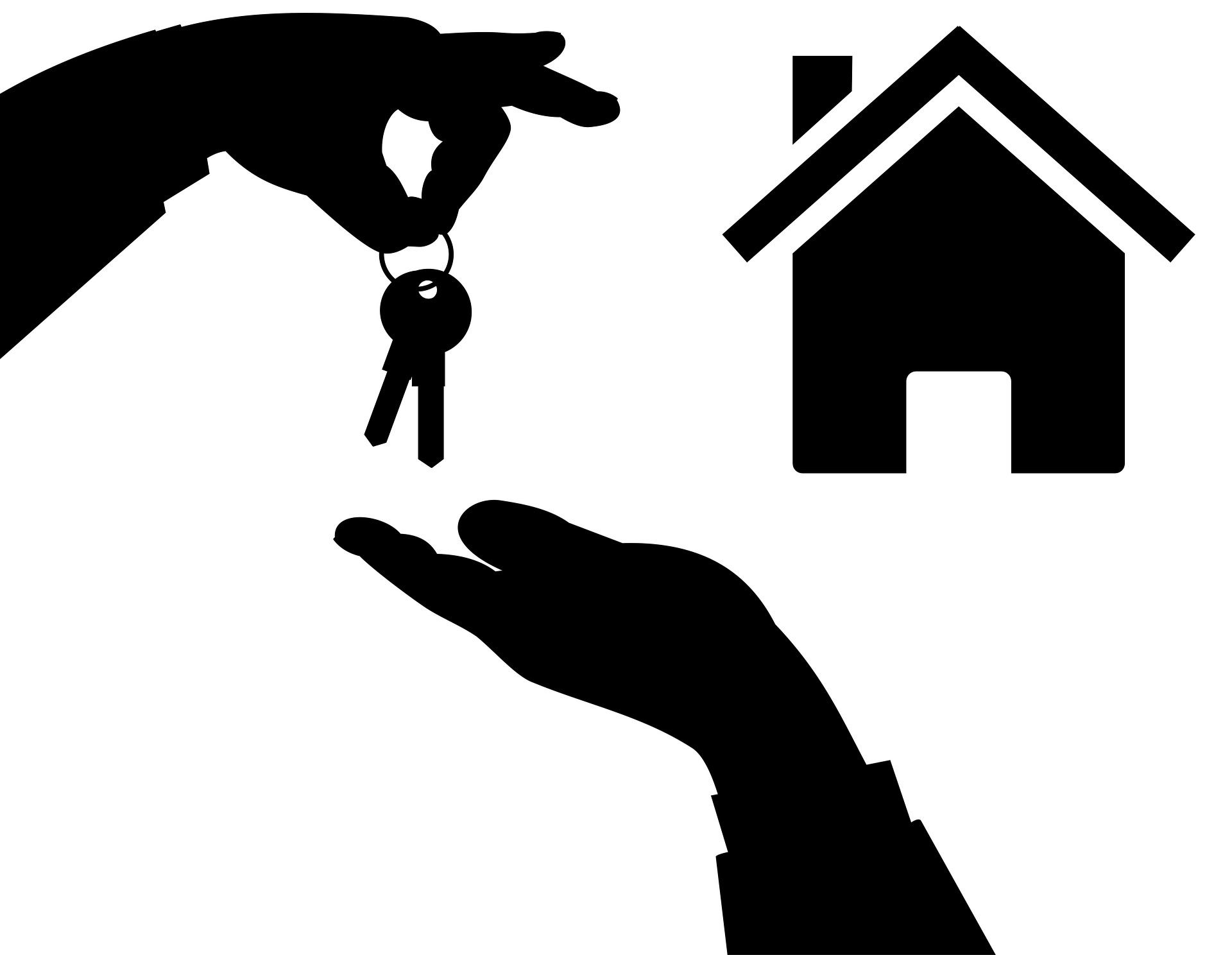When planning your next investment, you need to decide which type of property is right you, in that it will offer the best possible returns both in the short and long-term. Two of the most common choices for investment are residential and commercial real estate, which are both lucrative options in their own right. While they can both offer excellent profits, they provide various differences that may benefit some investors but not others.
To help you choose between commercial and residential property, take a look at this pros and cons guide which will help you make a final investment decision.
Commercial property
This form of real estate consists of any type of property that is either bought or let out for business purposes. This includes office spaces, hotels, shopping centers, retail stores, warehouses, and more which are all operated to generate profit. While some businesses own their property, others rent them out from commercial landlords or investors who can benefit massively from renting their premises to businesses, although there are also some downsides.
Pros:
High rental rates
One of the upsides of investing in commercial property is that you can benefit from high returns as the majority of companies prefer to be located in a central area and are prepared to pay higher rates. Many commercial landlords offer extensive services such as catering, kitchen areas and social spaces which enable them to charge more.
Flexible financing
Investors looking to purchase commercial properties can finance their investment in numerous ways. One example is auxiliary financing which can actually offer 100 percent financing on first or second mortgages. This is not available for residential real estate, as investors must put up some of their own money before they can invest.
Cons:
Strict regulations
One thing commercial investors need to be wary of is the zoning regulations associated with buying commercial property. For example, if you own an industrial warehouse that is predominantly used for production and another business that offers an entirely different service wishes to rent out an area in your space, this may not be possible due to zoning restrictions.
More competition
You may think a residential property is competitive, however with commercial real estate you are competing against investors as well as businesses who may wish to buy you out and purchase their own premises. This may restrict you when investing, as you will need to find a property that is worthwhile and attractive to businesses who only wish to rent.
Residential property
Residential real estate includes property that is either bought or rented out for living purposes only. The most popular type of residential property is a buy to let investment, which is when investors rent out properties to residents and students. This offers investors massive benefits; however, you can also expect some downfalls.
Pros:
High rental yields
When investing in residential property, investors can benefit from high rental yields in real estate based in city centers and the outskirts. For example, property companies like RW Invest have several properties spread out the North West, which can offer average yields of 8% resulting in excellent returns.
Affordable property
In comparison to commercial property, residential real estate is much more affordable. This means a lot more people can invest in this type of real-estate, as they can purchase anything from one student flat to a whole apartment building depending on their budget.
Cons:
Lack of tenant interest
The problem with residential property is that you can only make a profit if you have tenants living on the premises, if your property is receiving no interest then your capital will suffer. This is why you must conduct thorough research to find a property that will have significant tenant demand, enabling you to benefit financially
Price decrease
Just as a property can appreciate, it can also depreciate, which will all be dependent on the market. This will cause your property to lose value, resulting in a profit loss. However, this can be corrected by improving your property as much as possible to increase its value regardless of the state of the market.

 ABCmouse Review: Is it worth the money? (updated)
ABCmouse Review: Is it worth the money? (updated) 6 Short-Term Financial Goals Every 20 Year Old Should Set
6 Short-Term Financial Goals Every 20 Year Old Should Set Some advice when it comes to buying Bitcoin
Some advice when it comes to buying Bitcoin